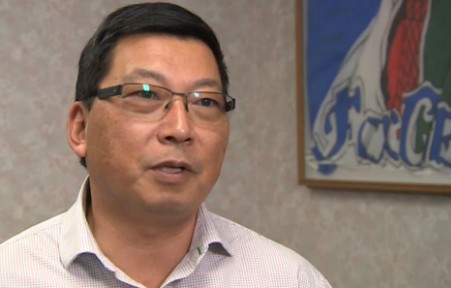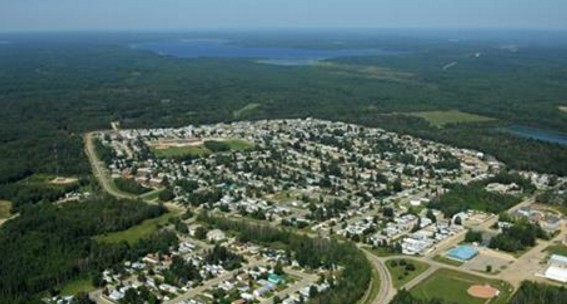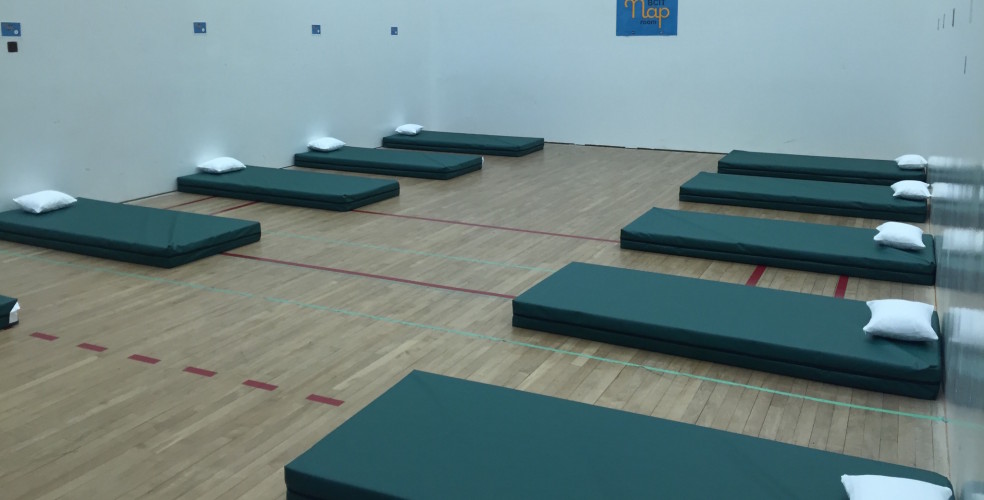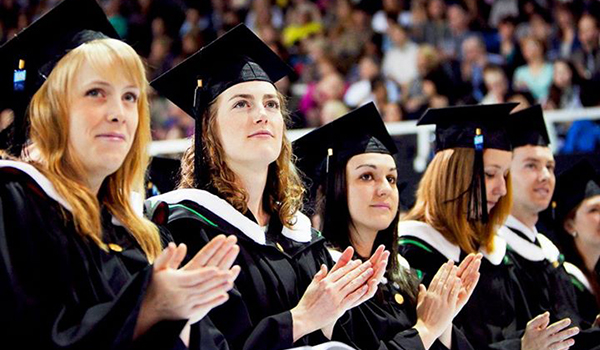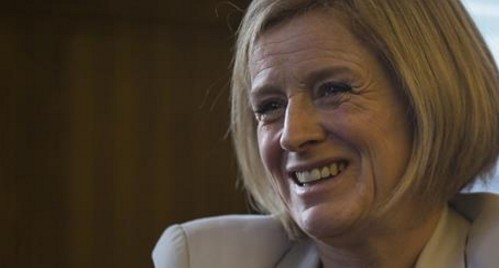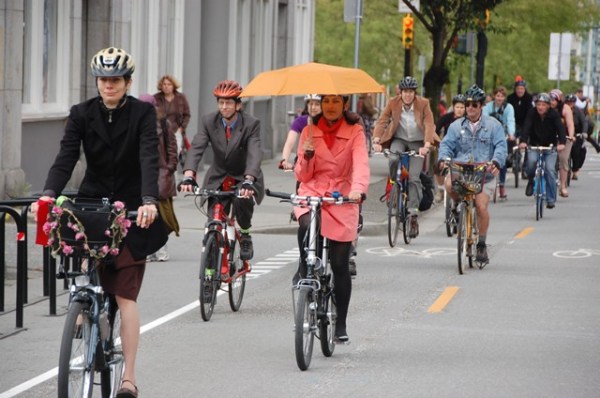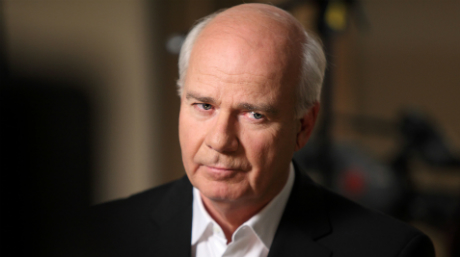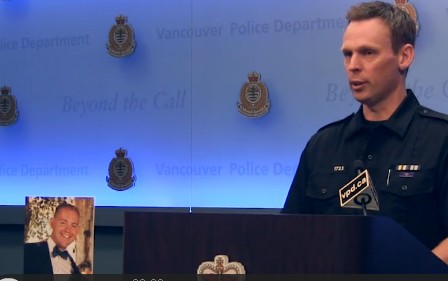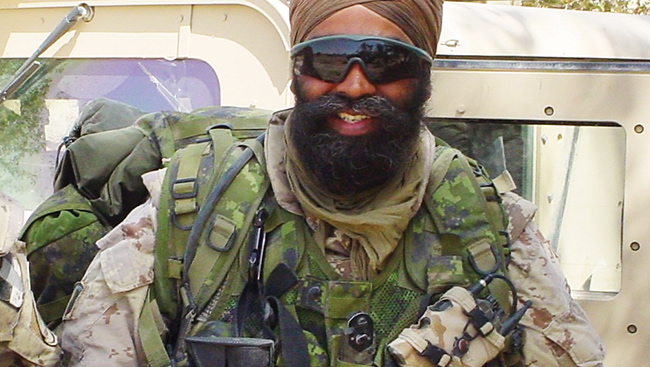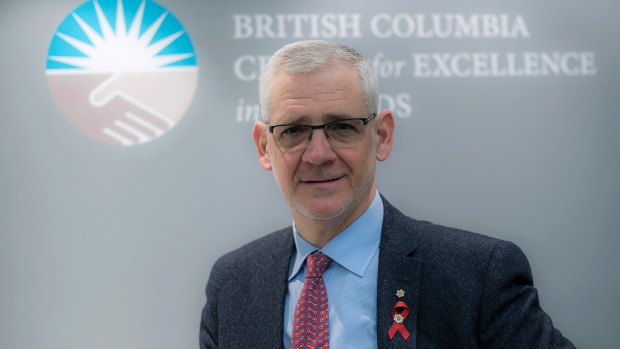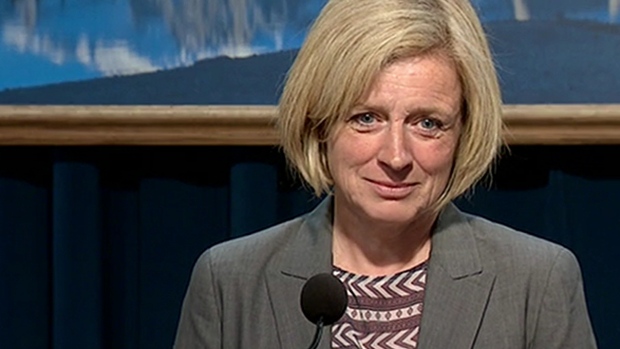Canada is excited about the nation’s newly appointed defense minister, Harjit Sajjan, called “the breakout celebrity of Prime Minister Trudeau’s new cabinet.”
The former Vancouver gang unit officer said that he took a different route from many of the Indo-Canadian youths who became gang members while he transferred schools and later joined the police force. He still reflects back with wonder that he made that choice, and attributes a large part of it to having had a strong mentor early in life.
“I had a good mentor that inspired me that I could do more,” Sajjan said. It was his grade 9 social studies teacher, a navy veteran, who encouraged him step by step and helped him to stop making excuses for what he wanted to do but was not pursuing.
After the police force, Sajjan joined the military as a trooper and moved up the ranks to become an officer — Canada’s first Sikh-Canadian to command an army reserve regiment.
Described by those who worked with him as a genuine and honest person, Sajjan also attributes his success in places such as Bosnia to being genuine and building rapport.
Sajjan was sworn in one day before the terrorist attacks on Paris’ Bataclan Theater.
When asked about ISIS and Canada’s withdrawal of military forces, Sajjan said ISIS was nothing new in the world — certainly not for himself, who served in Afghanistan. “It’s just more public now,” he said.
“When you deal with threats, we have to fight smart,” said the defense minister, commenting on Prime Minister Justin Trudeau’s decision to suspend air strikes. “We will be contributing in a meaningful way to be part of that fight against ISIS.”
Sajjan, a Liberal politician elected in this year, represents the South Vancouver riding.
CTV News, who interviewed Sajjan after his appointment, called Sajjan “the breakout celebrity of Prime Minister Trudeau’s new cabinet.” Nationwide, he is being referred to as a “badass” minister.
Sajjan has experienced trials and tribulations associated with his minority status while progressing in his career. He maintained his right to wear his cultural headdress in the police force and military, but expressed determination and resolve in working for Canadians as a Canadian.
“You may not like me, but I have a job to do and I’m going to preform.”
By Andy Stern
